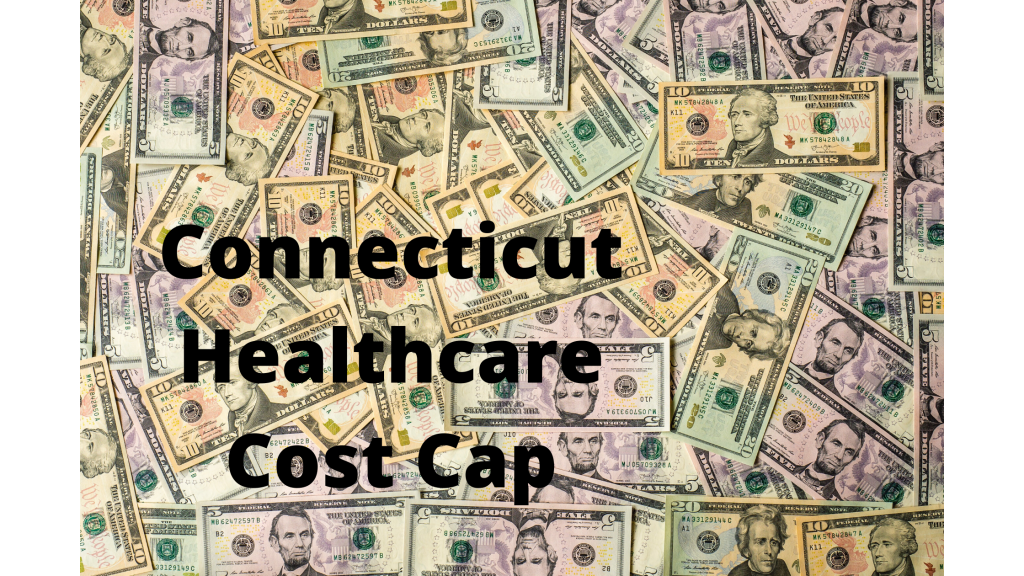OHS Cost Cap committee retreats on quality, providers driving the delay

The Office of Health Strategy (OHS) rejected concerns been raised by stakeholders and some Cost Cap committee members that the Cost Cap on healthcare spending will be implemented at least a year before reporting on quality performance. Concerns center on the possibility of lowering costs by lowering the quality of care to achieve the ambitious Cost Cap. OHS consultants acknowledge that the quality of care in Connecticut is average at best. Progress to improve the quality of healthcare in Connecticut, even deciding what to measure and how to report, never happened during OHS’s failed SIM project despite $45 million over four years. OHS said it failed because it was hard to bring providers to consensus. No one questioned why providers, who will be held accountable by the measures, were driving the process. OHS plans to reconvene the same failed SIM Quality Council to direct the process again. Questioned about the rush into the Cost Cap, OHS cited polls and input from politicians that controlling healthcare costs is a top priority for voters. It’s understandable that the public is frustrated by the state’s failures, but it’s doubtful that voters want cost control at the expense of quality.
In other decisions, OHS’s committee refused to define an “arbitrary” amount to increase primary care spending each year to reach a mandate of 10% of total healthcare spending. Advocates and other stakeholders argue that, according to the literature, increasing primary care spending is not the place to start developing a primary care-focused system. It could have unintended consequences by squeezing out other critical spending when the Cost Cap will be shrinking the entire pie. In response to a policymaker request, advocates developed an evidence-based roadmap to improve primary care in Connecticut. Most recommendations do not require increased spending but focus on reforming how healthcare is structured. The committee also declined to report primary care spending by health system level. Consultants stated that the increase in primary care is targeted at the health plan/payer level. There was an acknowledgement that large health systems/ACOs could be obstacles to increasing primary care spending. Specialty care is more profitable than primary care and many ACO leaders are specialists.
The committee began discussions of how to implement the primary care spending increase, acknowledging that increasing fees for primary care services will not re-orient the system. While the committee discussed options, OHS has decided to create yet another new committee to address this question. It is not clear if primary care providers will lead the new committee.
The data strategy to track health spending and utilization was discussed. Unlike Connecticut, other states embarking on a Cost Cap have a long history and significant resources devoted to tracking and monitoring healthcare costs and outcomes. OHS acknowledged that they are unlikely to secure sufficient state funds to adequately measure costs or unintended consequences, but they intend to move ahead anyway.

